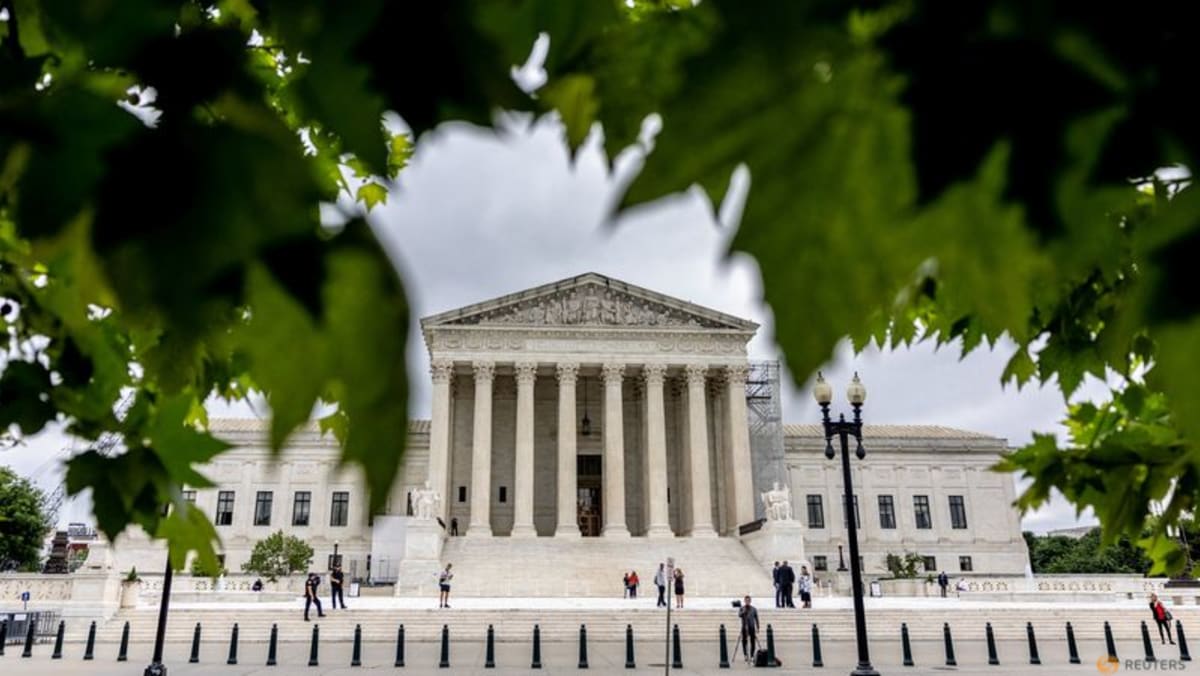WASHINGTON: The US Supreme Court on Thursday (Jun 5) made it easier for people from majority backgrounds, such as white or heterosexual individuals, to pursue workplace discrimination claims, in a unanimous ruling that revived an Ohio woman’s lawsuit.
The case involves Marlean Ames, who claimed she was illegally denied a promotion and demoted because she is heterosexual. The justices ruled 9-0 to overturn a lower court’s decision that had dismissed her complaint, marking a significant shift in how courts may evaluate so-called “reverse discrimination” suits.
RULING REMOVES EXTRA BURDEN ON MAJORITY-GROUP PLAINTIFFS
Writing for the court, Justice Ketanji Brown Jackson said that the Civil Rights Act of 1964 does not allow for different legal standards based on whether someone belongs to a majority or minority group.
“By establishing the same protections for every ‘individual’ – without regard to that individual’s membership in a minority or majority group – Congress left no room for courts to impose special requirements on majority-group plaintiffs alone,” Jackson wrote.
The ruling affects judicial districts, including the 6th US Circuit Court of Appeals, that previously required plaintiffs from majority groups to provide additional evidence of discrimination. These courts often asked such plaintiffs to demonstrate “background circumstances” suggesting bias against the majority.
CASE BACKGROUND: CLAIMS OF BIAS BASED ON SEXUAL ORIENTATION
Ames filed the lawsuit in 2020 against Ohio’s Department of Youth Services, saying that she was passed over for a promotion in favour of a gay woman and later demoted in favour of a gay man. She claimed she was more qualified and had been targeted because of her heterosexuality.
“I was straight and pushed aside for them,” Ames told Reuters in February.
Her case had been rejected by the 6th Circuit, which found she had not met the threshold needed to show possible bias under the previous legal standard. The appeals court also noted that the final employment decisions had been made by straight supervisors.
The Supreme Court’s ruling returns the case to lower courts for further proceedings.
